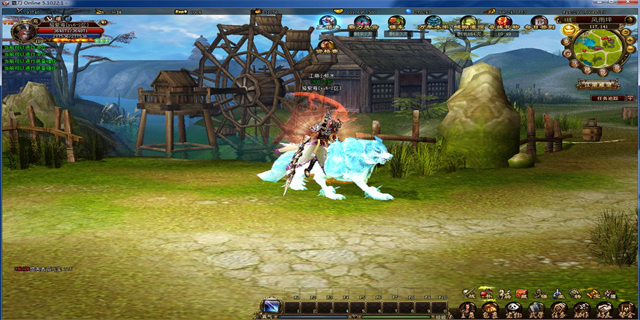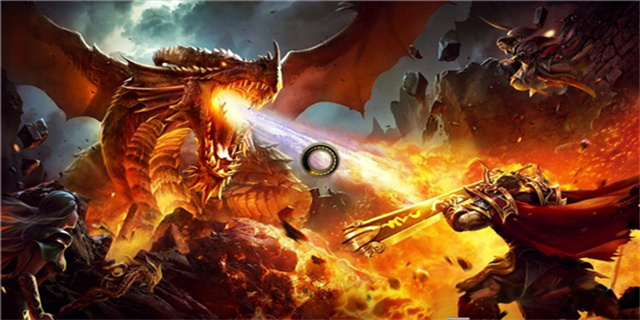M Facebook: The Social Media Giant
With over 2.85 billion monthly active users, M Facebook has completely revolutionized the way people connect and communicate with one another. From its humble beginnings as a college networking platform, the social media giant has rapidly evolved into a global phenomenon that dominates the digital landscape. In this article, we will explore the unprecedented rise of M Facebook, its impact on society, and the challenges it faces in an ever-changing technological landscape.
The Birth of a Social Media Empire
It all started in 2004, when Mark Zuckerberg launched \"TheFacebook\" from his Harvard University dorm room. Originally intended as a platform for college students to connect and share information, the website quickly gained popularity among university campuses across the United States. In 2005, the company dropped the \"The\" and became known as Facebook. With its sleek design, intuitive interface, and unique features like the News Feed, Facebook swiftly attracted users from all walks of life.

By 2008, Facebook had surpassed MySpace to become the most visited social networking site in the world. The company's exponential growth continued, fueled by strategic acquisitions such as Instagram and WhatsApp. These acquisitions allowed Facebook to expand its user base and diversify its services, ultimately solidifying its position as the dominant force in the social media industry. Today, Facebook's influence extends far beyond just connecting friends and family; it has become a powerful platform for businesses, content creators, and even political campaigns.
The Impact on Society
Facebook's impact on society cannot be overstated. On one hand, it has brought people closer together, enabling individuals to easily communicate with loved ones across the globe. It has also provided a platform for marginalized communities to find support and amplify their voices. Facebook has played a critical role in political movements, facilitating the organization of protests and the dissemination of information. It has also revolutionized the advertising industry, allowing businesses to target specific demographics and measure the effectiveness of their campaigns.

However, Facebook's immense power comes with its fair share of controversies. The platform has been criticized for its handling of user data and privacy breaches. The Cambridge Analytica scandal in 2018 revealed that Facebook had allowed the personal information of millions of users to be harvested without their consent, raising concerns about data security and privacy on the platform. Additionally, the spread of misinformation and fake news on Facebook has had profound societal consequences, with some arguing that it has contributed to the polarization of society and the erosion of trust in traditional media sources.
Challenges and the Future
As Facebook continues to dominate the social media landscape, it faces numerous challenges that will shape its future trajectory. One of the biggest challenges is navigating the rapidly evolving landscape of digital advertising. With increased scrutiny on data privacy and the implementation of stricter regulations, Facebook must find a balance between profitability and user trust. The company is also facing growing competition from emerging platforms such as TikTok and Clubhouse, which are capturing the attention of younger demographics.
Another challenge for Facebook is addressing the issue of misinformation and maintaining the integrity of its platform. The company has implemented various measures to combat the spread of fake news, such as fact-checking partnerships and algorithm changes. However, the battle against misinformation is complex and ongoing, requiring constant adaptation to new tactics employed by those seeking to manipulate public opinion.
In conclusion, M Facebook's rise to dominance has forever changed the way we connect and communicate. Despite its undeniable impact on society, the company faces significant challenges on multiple fronts. How Facebook addresses these challenges will not only shape its own future, but also have far-reaching implications for the broader digital landscape.




























